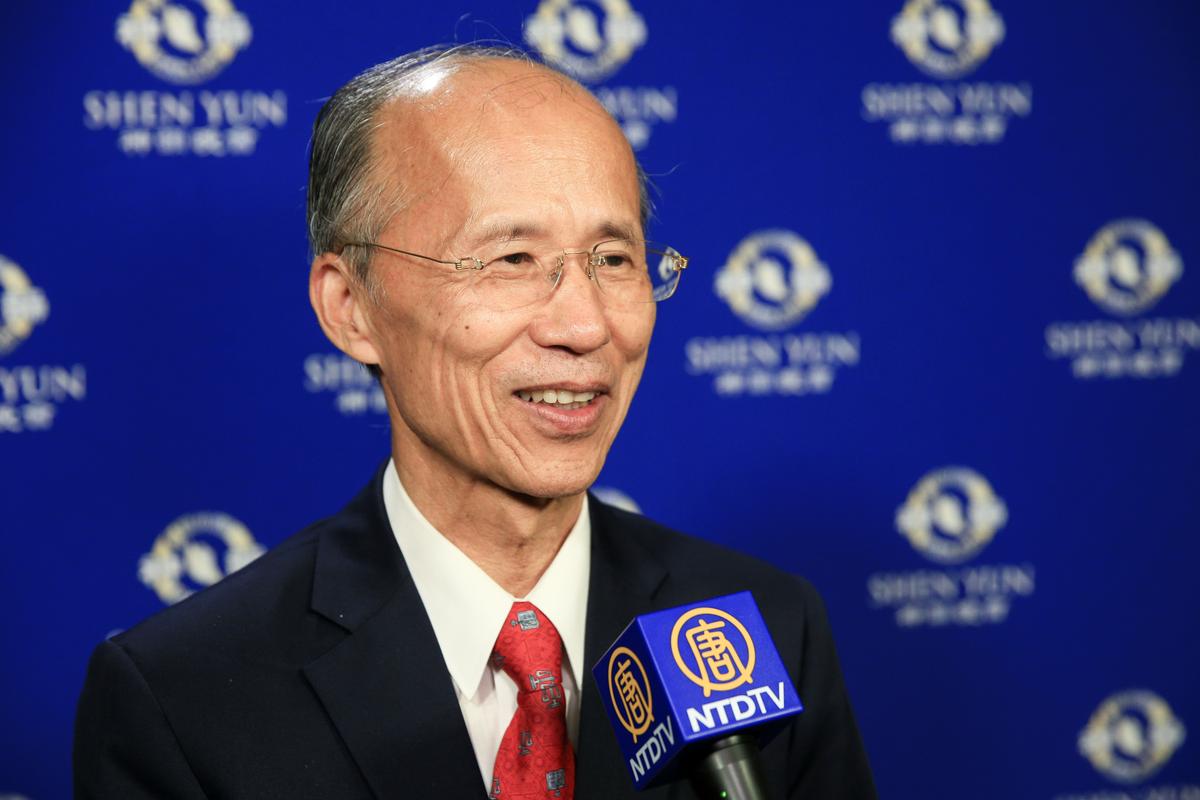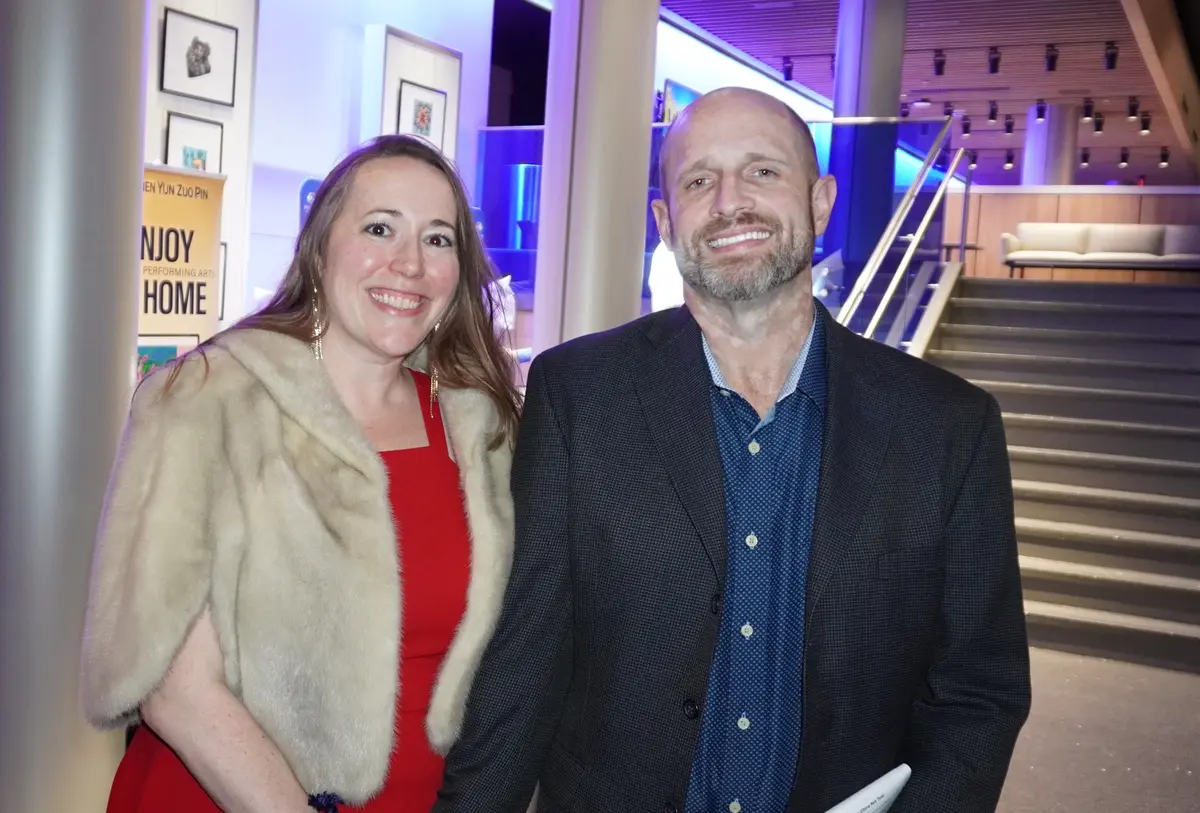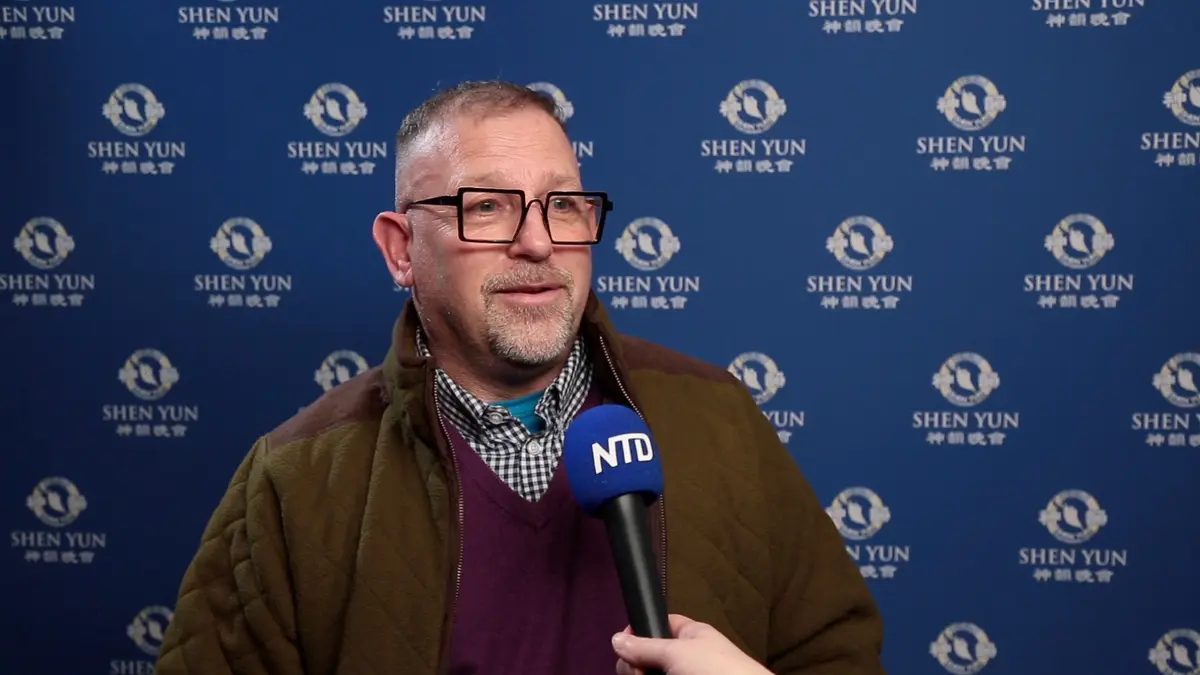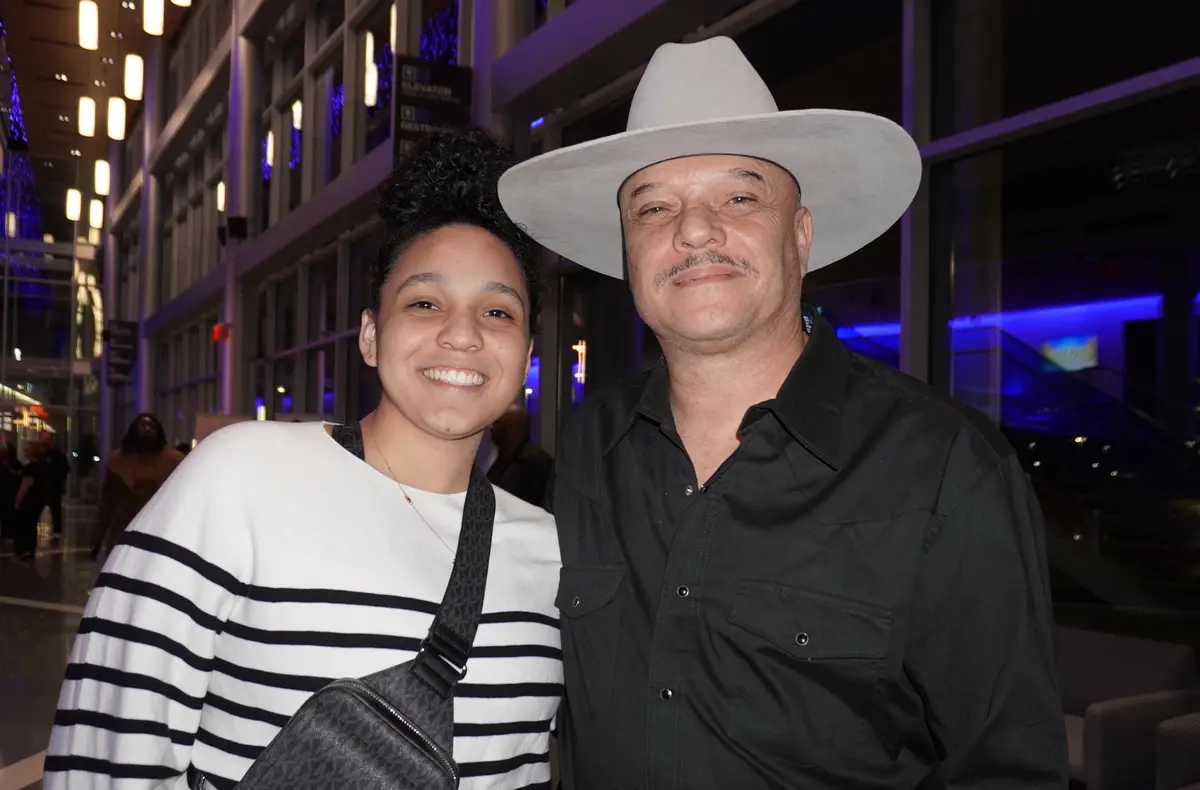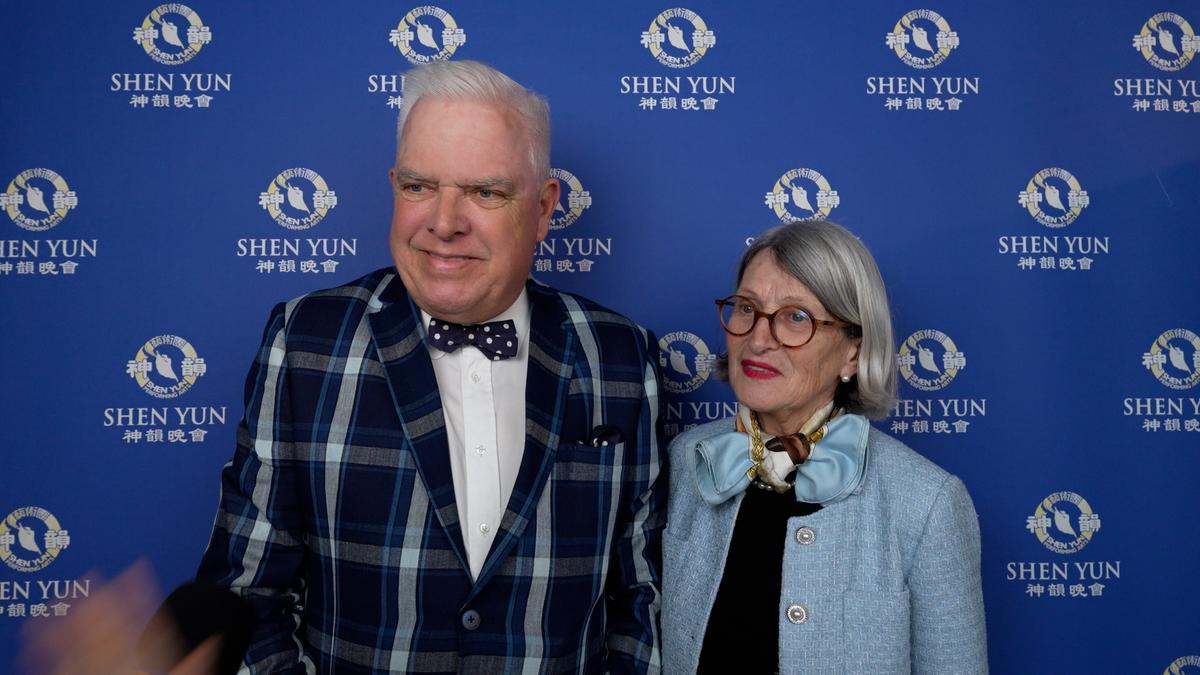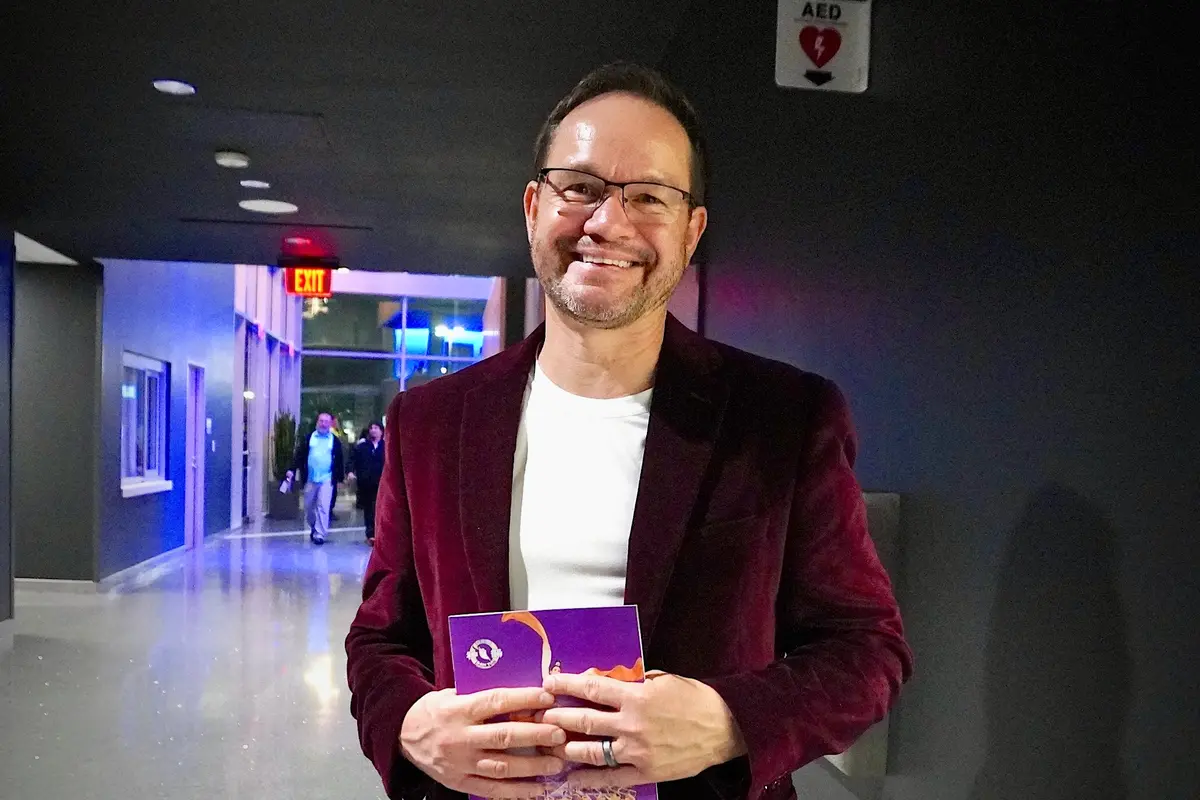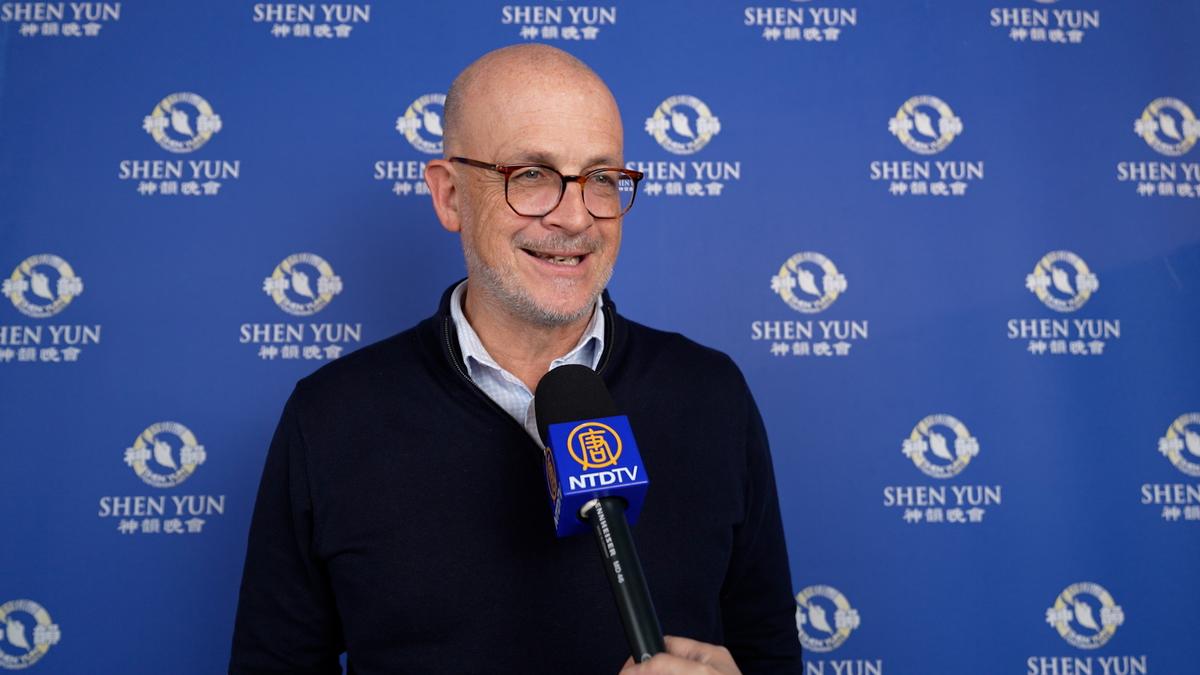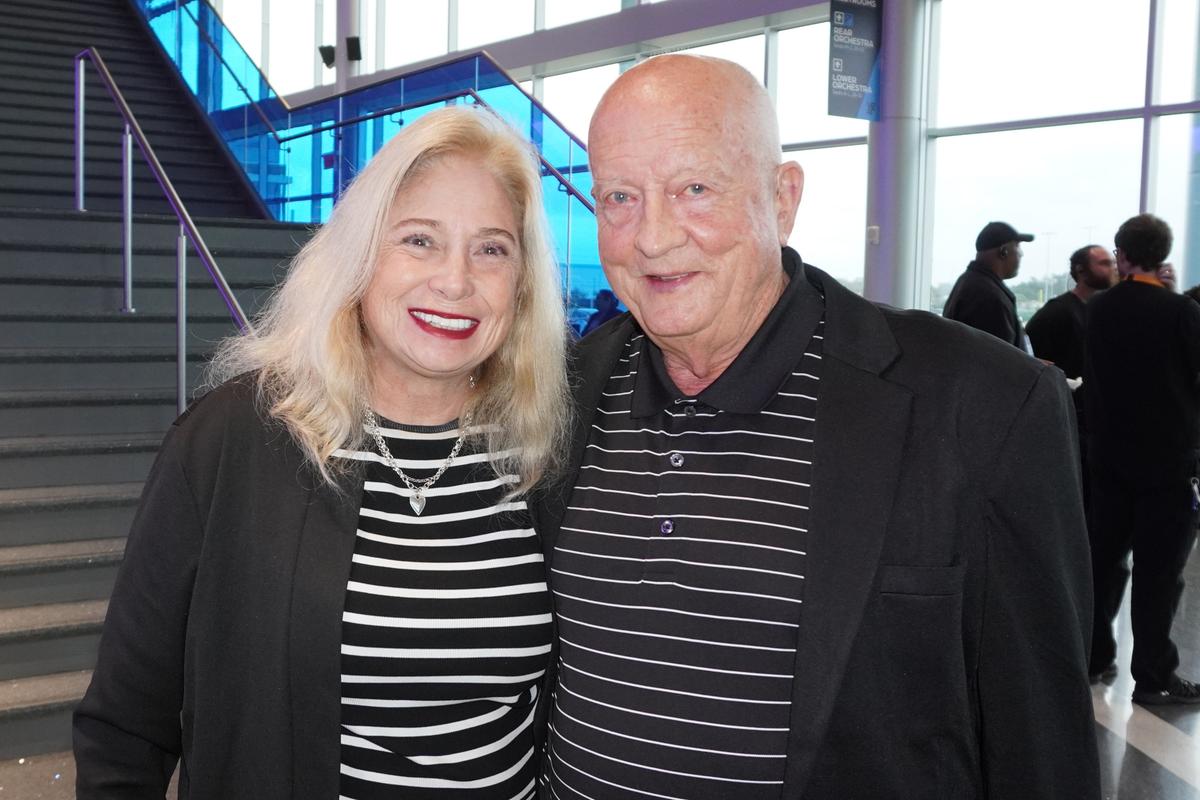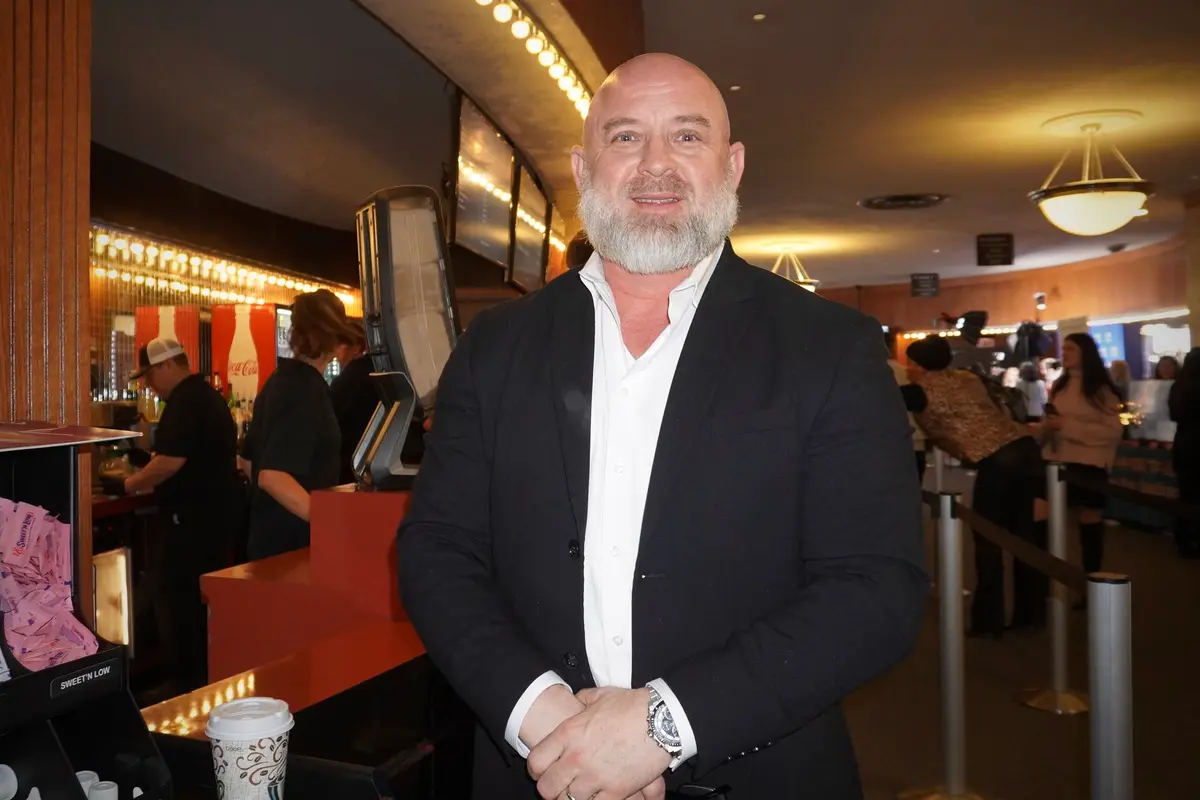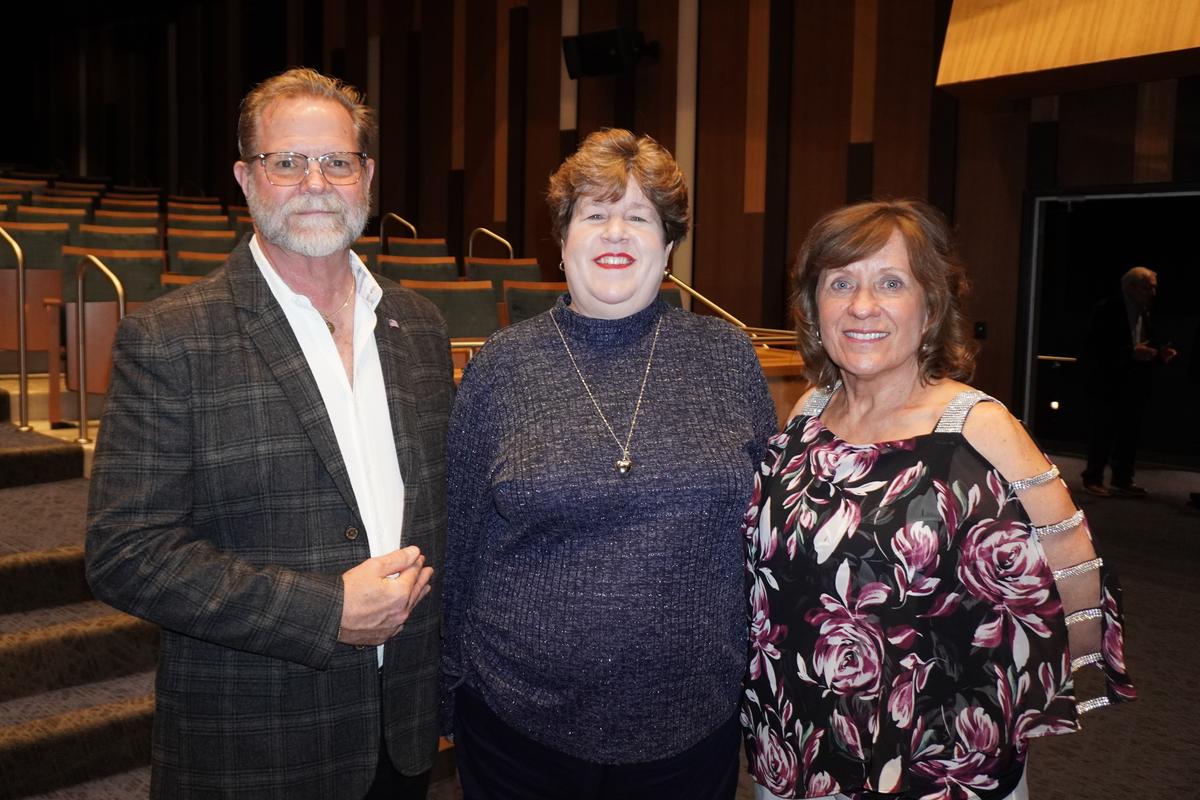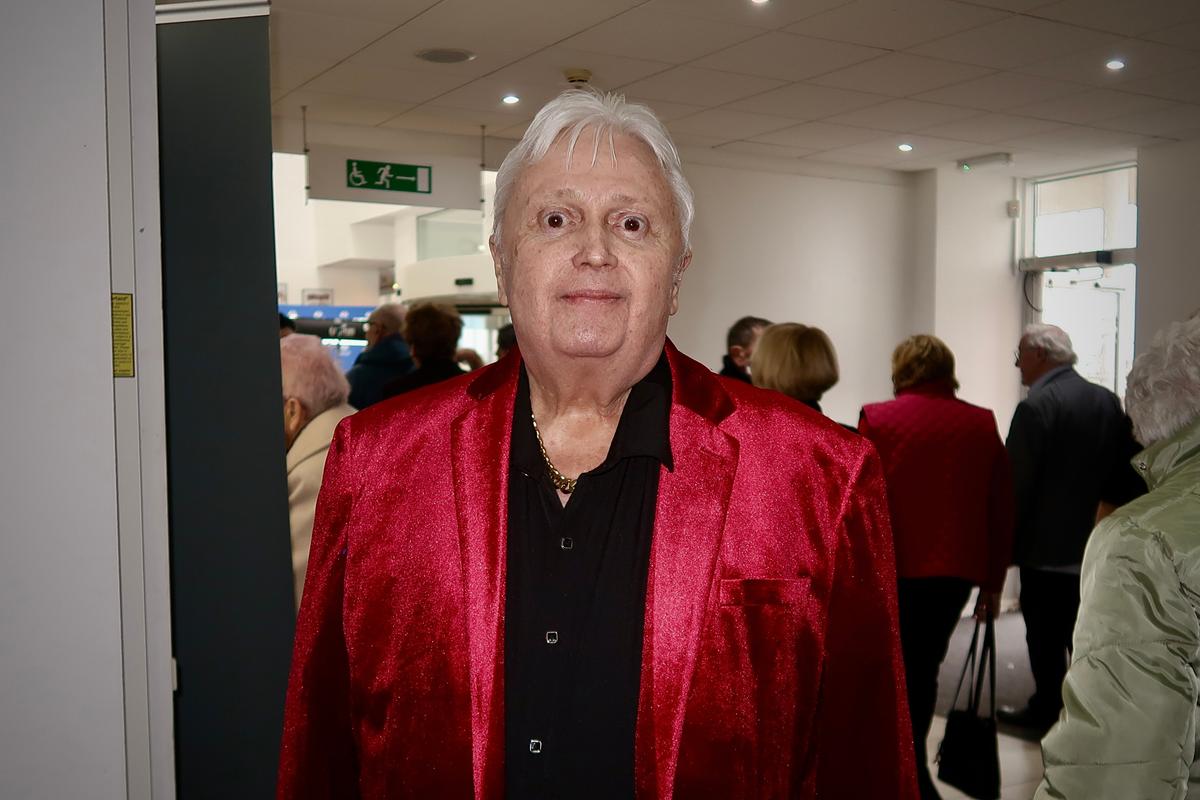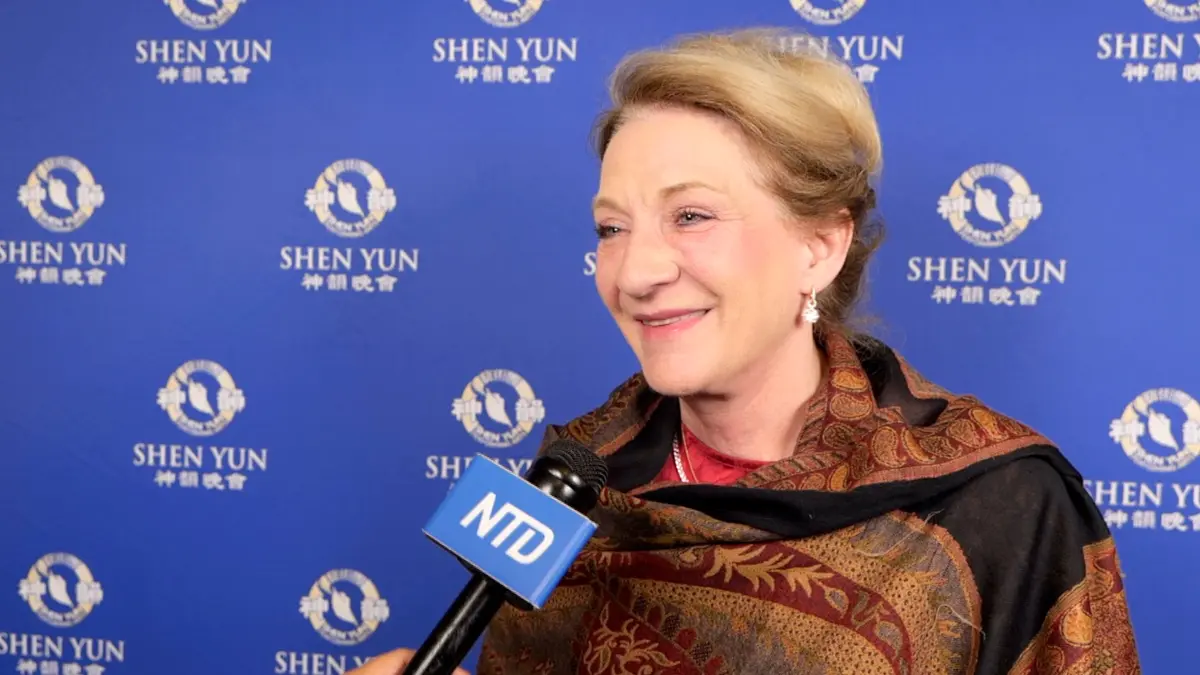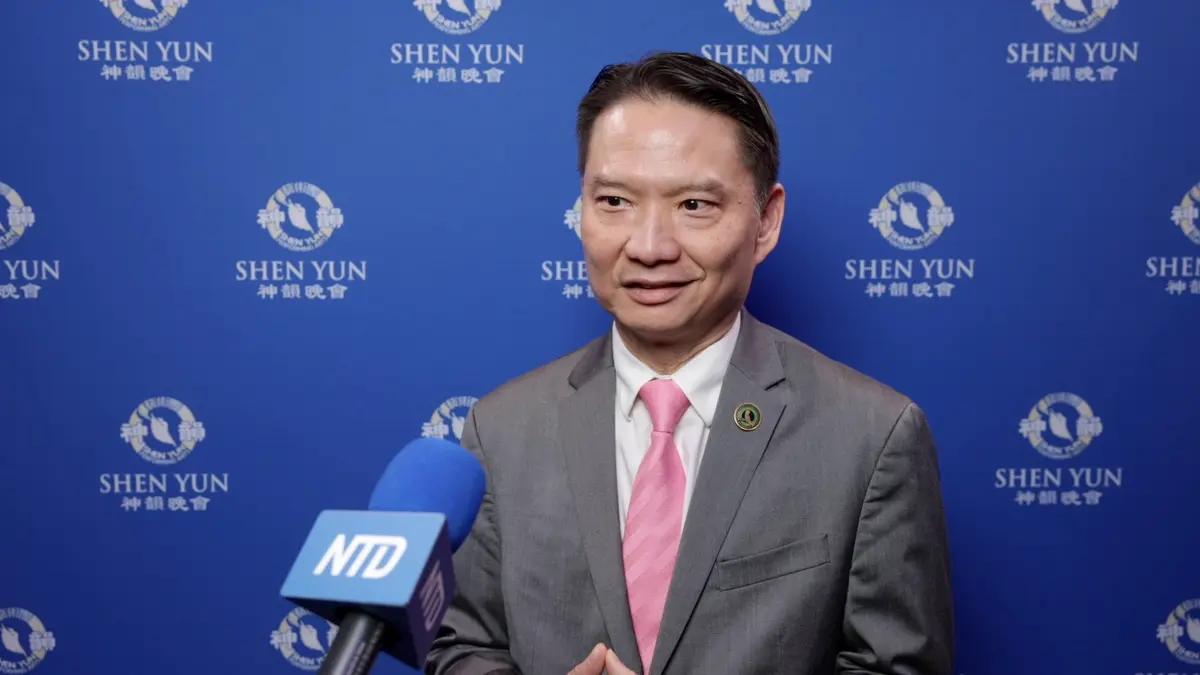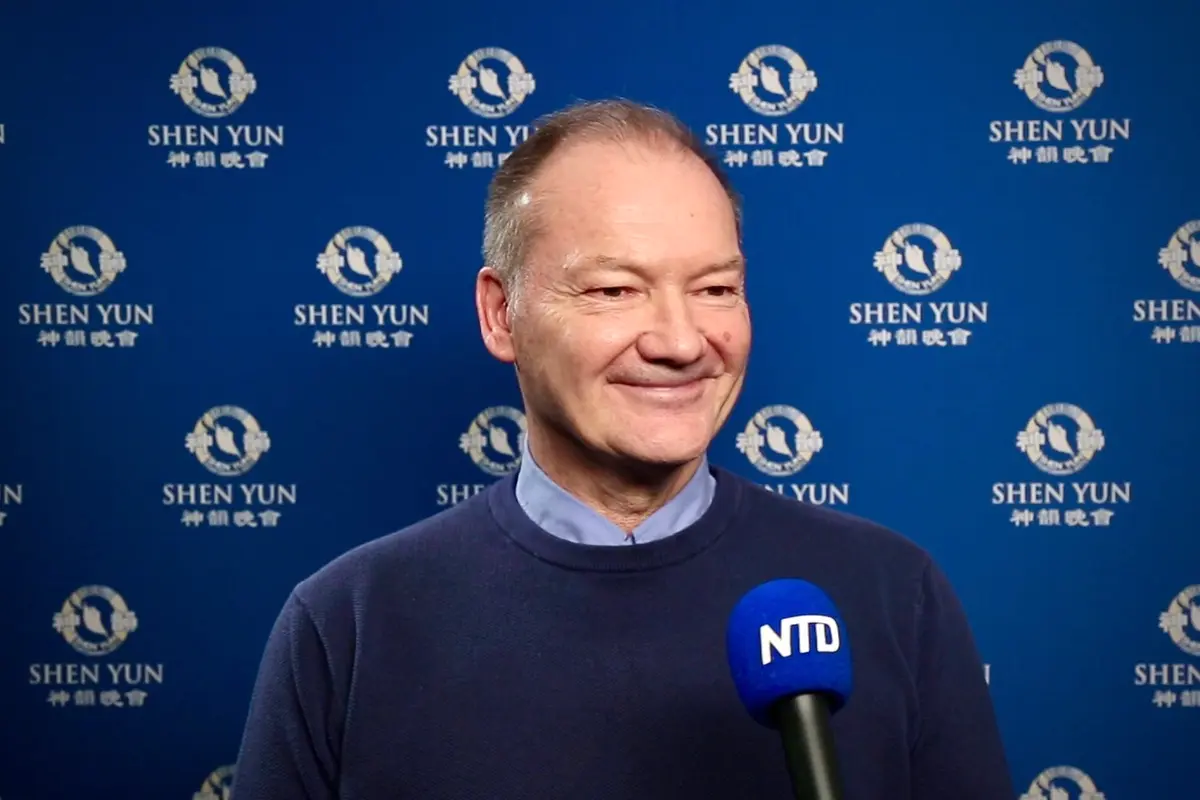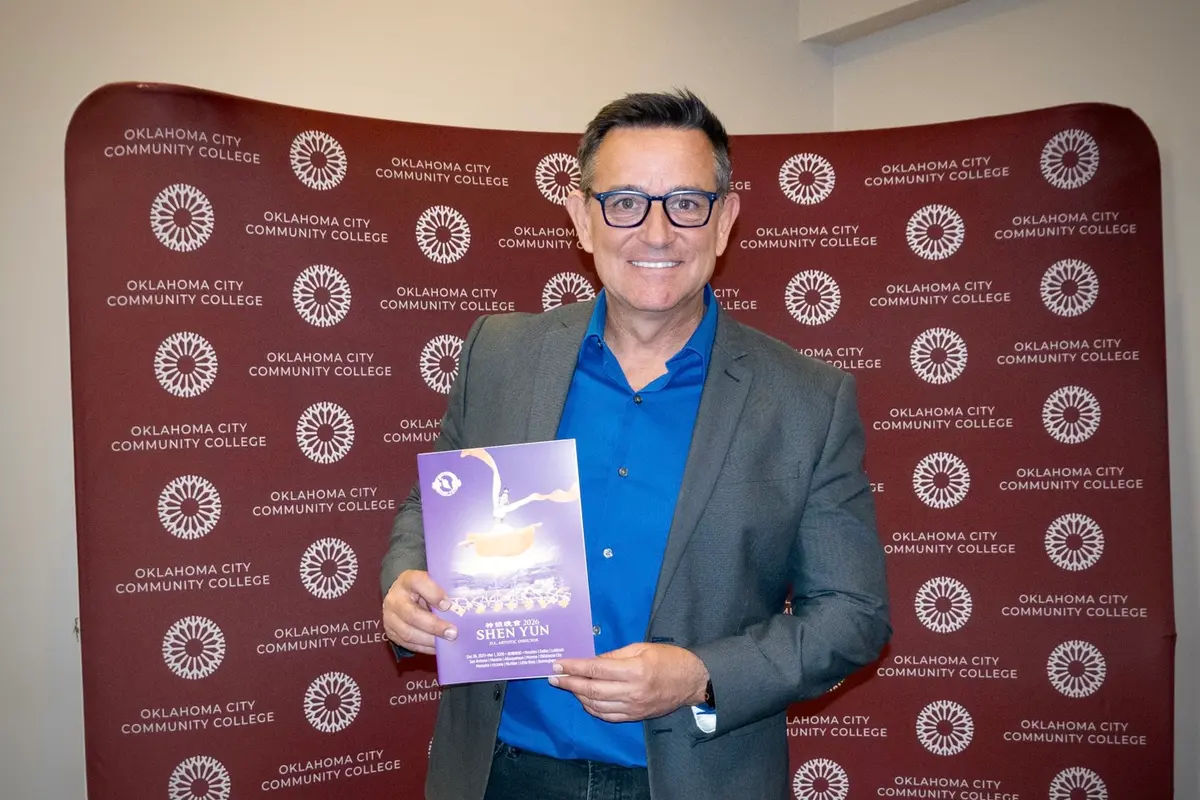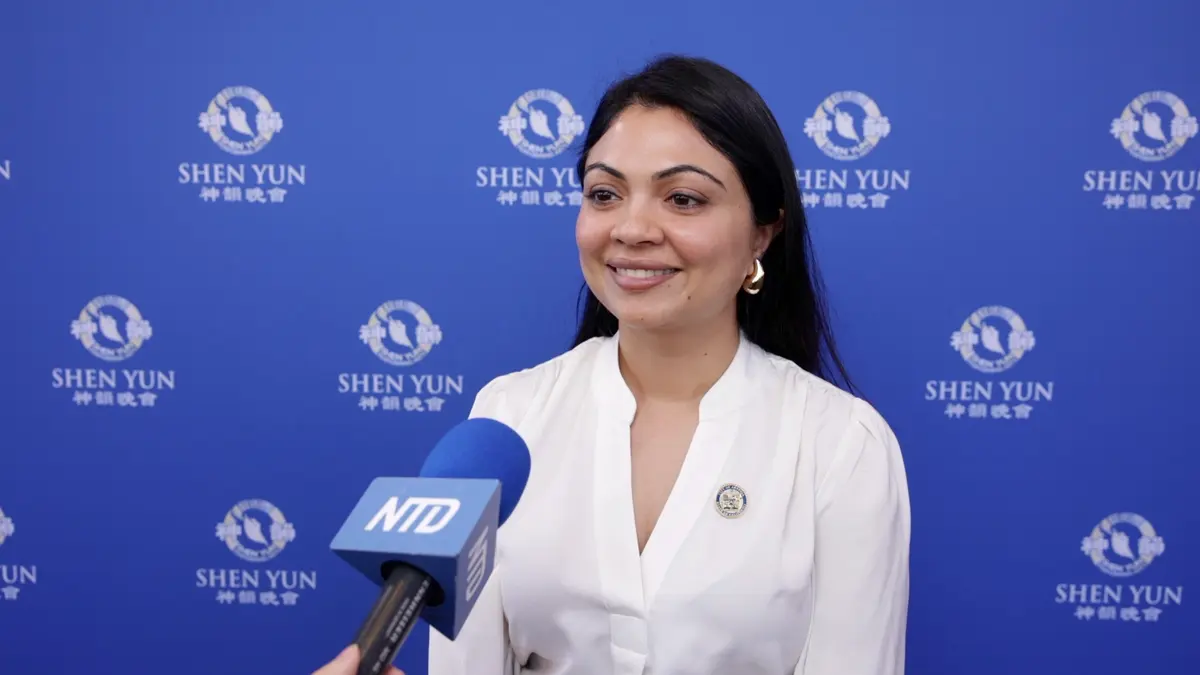TAIPEI, Taiwan—Michael Lu is a huge fan of Shen Yun for he has seen the company’s flagship dance company eight times already, seven of them in France. Now having returned to Taiwan, Mr. Lu was full of praise when he saw the company’s orchestra company for the very first time.
“There was much creativity behind the performance, and it made me feel so comfortable,” said Mr. Lu, the former Taiwanese representative to France. “I was so happy about it that I would like to give thumbs up 100 times.”
Mr. Lu attended the final performance by Shen Yun Symphony Orchestra on the island on Oct. 3. The orchestra, having been touring Japan and Taiwan since Sept. 15, will now return to the United States to kick off its North American tour with a much anticipated debut at Carnegie Hall in New York on Oct. 15.
“When the very first note was played, I knew right away this was the music of Shen Yun,” a happy Mr. Lu said. He added that he had seen several Western orchestras trying to play Taiwanese melodies, but none of them was as good as what he had heard today.
He explained: “The music came out very naturally and smoothly. This required the coordinated effort between the composers and the musicians.”
Since being taken over by the Chinese Communist Party, China has systematically wiped out ancient Chinese culture, most notably during the Cultural Revolution; yet Taiwan has preserved the culture, with its values, heritage, and traditions deeply rooted in society everywhere, including in its music.
When such great music is imbued with a culture, more specifically ancient Chinese culture, and accentuated by a Western orchestra—what Shen Yun Symphony Orchestra has accomplished—Mr. Lu said the symphony orchestra basically became a torchbearer for the culture. This was precisely how any culture should be preserved and passed on.
The bringing together of ancient Chinese instruments with a Western symphony orchestra is what makes the symphony orchestra truly unique. According to the company’s website, the music from the combination is considered a “frontier in classical music.”
To do what they have done, he added, the company’s musicians must be so “open-minded” while having “top-notch skills.”
Mr. Lu, however, was upset about one thing—how Shen Yun Performing Arts was forced to cancel its scheduled performance in Hong Kong because the local authorities refused to issue visas to some of the company’s technicians.
“This is totally unnecessary. Music is music and music is also culture. What country doesn’t need culture? If a country doesn’t have culture, it is not a great country,” said Mr. Lu. “I found this to be simply unbelievable.”
The incident Mr. Lu referred to took place in January 2010. Shen Yun Performing Arts, the company’s dance company, was scheduled to stage seven shows in Hong Kong, but was forced to cancel after authorities refused to grant visas to six key members of the company’s production team.
“Music is inclusive by nature, and music is also educational by nature. What is more important is that music is a channel of communication between different ethnic groups,” Mr. Lu said.
He went on to elaborate: “Culture is a set of universal values. People will appreciate a culture when it is good and beautiful. Anyone who tries to block [the spread of culture] will not succeed.”
Reporting by Frank Fang
New York-based Shen Yun Symphony Orchestra comprises musicians from the four Shen Yun Performing Arts touring companies. For information about the October performances, visit: ShenYun.com/Symphony
The Epoch Times considers Shen Yun Performing Arts the significant cultural event of our time and has covered audience reactions since the company’s inception in 2006.

